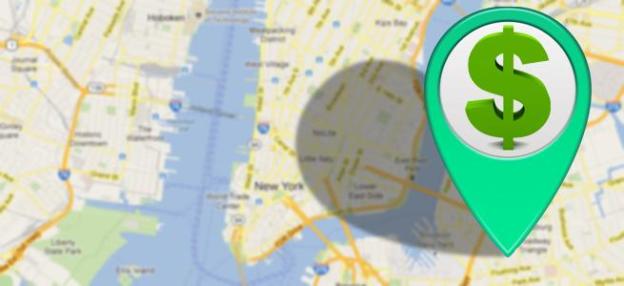
This is what American democracy looks like: Google spent $16.48 million on lobbying efforts in 2012, an increase of 70 percent over the $9.68 million it spent in 2011. And Facebook’s lobbying dollars rose even more: from $1.36 million in 2011 to nearly $4 million in 2012 – an increase of 196 percent.
These numbers come directly from the U.S. House of Representatives’ Lobbying Disclosure database, and were compiled by citizen advocacy group Consumer Watchdog, which sees the increase in lobbying dollars from Internet companies as a sad continuation of corporations influencing lawmakers.
“Google and Facebook would have you believe that they are different from other corporations,” said John M. Simpson, Consumer Watchdog’s Privacy Project director, in a statement. “They are not. They are following the corrupt corporate tradition in Washington: buying what you want.”
The boost in lobbying dollars from Google and Facebook in 2012 came as the U.S. government increased its scrutiny of Internet-related issues. Google recently skirted serious action from the Federal Trade Commission, which was investigating the search giant for antitrust violations. And Facebook avoided fines from the FTC in exchange for agreeing to strict rules regarding user privacy.
Facebook, which boosted its lobbying spending to $1.4 million in the fourth quarter of 2012, pushed for a number of issues, including the government handling of “Do Not Track” technology, reforms to the Children’s Online Privacy Act, immigration reform for high-skilled workers, and opposition to a United Nations treaty that the company believed would inhibit Internet access in international regions – all signs that the company wants to make its presence known in D.C.
“Our presence and growth in Washington reflect our commitment to explaining how our service works, the actions we take to protect the billion plus people who use our service, the importance of preserving an open Internet, and the value of innovation to our economy,” a Facebook spokesperson said in a statement to The Hill.
While Google and Facebook have the most notable increases in lobbying spending, they aren’t alone. Microsoft upped its spending by 10.2 percent, to $7.34 million. And Amazon spending jumped from $2.22 million to $2.5 million, a 12.6 percent increase.
Verizon, AT&T, and Apple all decreased money spent on lobbying in 2012.
Editors' Recommendations
- Facebook, Google, Microsoft, and Twitter team up to fight election interference
- Amazon, Apple, Facebook, and Google will testify before Congress in July
- Online platforms like Facebook are losing yet another ‘infodemic’ war
- You will soon be able to migrate your Facebook photos and videos to Google Photos
- Mark Zuckerberg is in Washington to get more friends for Facebook
